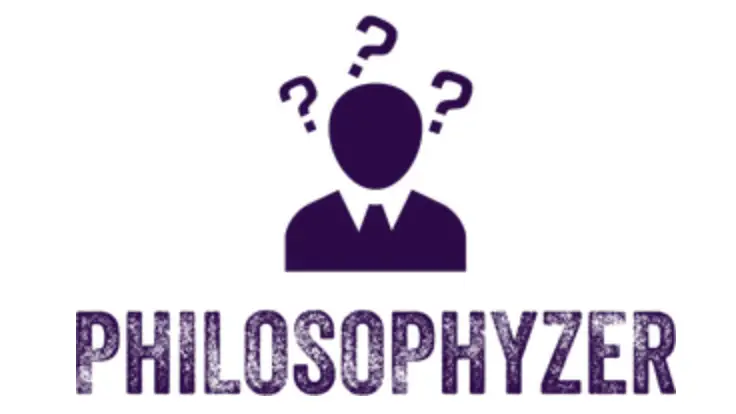Another writer who wrote on the symbolic character of religious language was Tillich’s friend and colleague, John Herman Randall Jnr. The difference between them is very substantial, despite their agreements. For Randall, religious symbols were non-cognitive.
They were socially necessary but not ‘true’ in the sense that the overwhelming number of religious people would assume. They do not ‘point’ to any transcendent reality, such as God, who is ‘there’ whether or not people think about him.
This sounds, at first, like Freud all over again. But there is a difference. Freud could see no real future for religion by the time society had outgrown its childish longing for security which can’t be given. Randall thought that religion was necessary for all kinds of reasons.
Summary of Randall’s Views
The following notes are a summary of Randall’s views as he expressed them in two of his books: The Role of Knowledge in Western Religion (1958), and The Meaning of Religion for Man (1968).
In the first book, Randall concludes that religion is a distinctive human enterprise with a socially indispensable function of its own to perform. It is not primarily a set of beliefs offering knowledge to people. It is not a kind of illegitimate science whose superstitions are at war with scientific truths. Nor is it a kind of ‘super-science’ proclaiming a ‘higher’ form of knowledge forever beyond the reach of mere science.
Religion, for Randall, is not essentially knowledge at all. Its aims and functions are not to furnish people with truth.There can be no conflict in general between religion and science as explanations of anything, as truth.
For whenever people are concerned with explanation and truth, they are acting theoretically or scientifically: ‘Religious beliefs, though far indeed from being “meaningless”, do not possess what is ordinarily meant by cognitive value.’
Religion expresses whatever people have felt deeply. Religious practices have celebrated and consecrated people’s normal social activities, as in the great agricultural festivals marking the turning points of the farmer’s calendar.
John Herman Randall Jnr. Comes to the Heart of His Position
In chapter four of The Role of Knowledge in Western Religion, Randall comes to the heart of his position: ‘We can assume that all religious beliefs without exception are “mythology”. That is, they are all religious “symbols”.
If such symbols can be said to possess any kind of “truth”, they certainly do not possess the literal truth of the factual statements of the descriptive sciences or of common sense…’ All ideas of God, like all other religious beliefs, are without exception religious symbols. They are employed in religious experience and serve to carry on the religious life.
Like Tillich, Randall distinguishes between signs symbols. But, for Randall, a symbol is in no sense representative; it does not stand for or take the place of anything other than itself. Rather, it does something in its own right; it provokes a characteristic response in people. What do the religious symbols do?
They do four things according to Randall:
i) They provoke in people an emotional response and stimulate appropriate human activities. They produce results in conduct.
ii) They provoke a response from the community,a shared response accompanied by cooperative activity.
iii) Non cognitive symbols are able to communicate ,- qualitative or ‘shared’ experience which is difficult to express in words.
iv) Religious symbols ‘disclose’ or ‘reveal’ something about the world in which they function. They convey ‘insight’ or ‘vision’ rather than ‘knowledge’.
To summarize; religious symbols do not convey Propositional knowledge but ‘know-how’. The test for them, if it makes sense to ‘test’ them, is the power they have to express value rather than impart knowledge.
The Meaning of Religion for Man
In his later book, The Meaning of Religion for Man, Randall clarifies his earlier position. This is a characteristic passage: ‘Religious practices furnish the means of expressing any deeply felt emotion – not only men’s aspirations and loyalties but also their baser passions, prejudices and hatreds…In one sense, religions are little better than the turbulent human life they express;
they are the most intensely human of all the activities in which men engage. It is hardly intelligent to blame the mirror for what it reflects or to think by breaking it to transform the scene.’
As we have seen with a study of Braithwaite’s treatment of religion, Randall does great service to the axiological side of religion (the affective and valuing), but it neglects the ontological side.
You might also be interested in THE ONTOLOGICAL ARGUMENT FOR THE EXISTENCE OF GOD.
